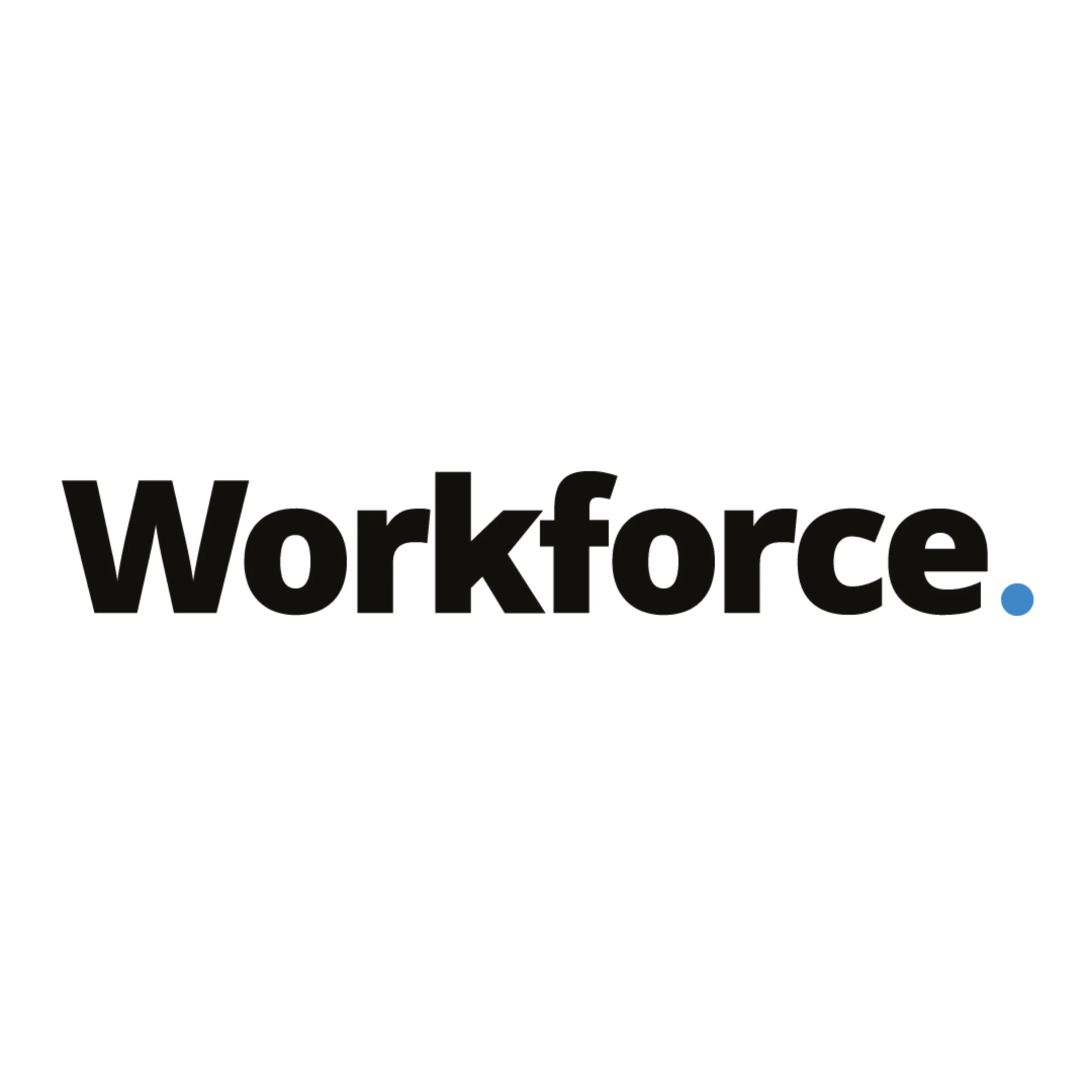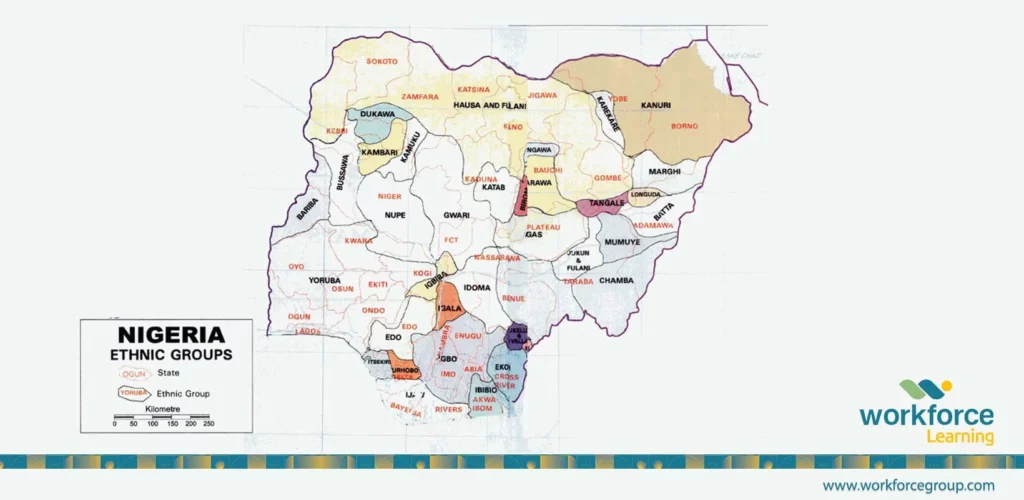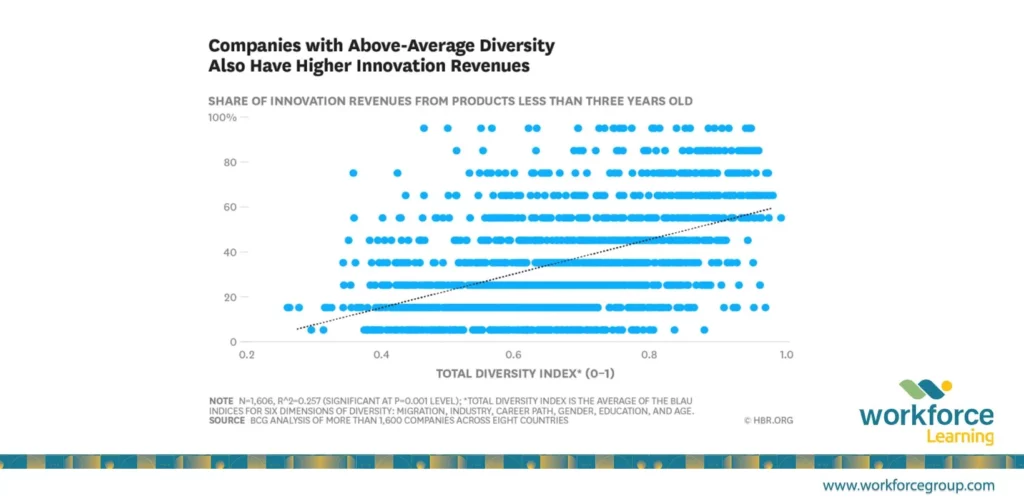Business today is increasingly global. And high-performing organisations leverage workplace diversity and inclusion as a competitive advantage in the marketplace.
Technological disruptions have ensured that previously existing barriers to market entry & expansion are no more. The impact of world politics and global discourses have also contributed to the unstable state of the economic landscape, forcing businesses to expand out of their traditional markets.
Market competition is now global, and any organisation wishing to out-perform its peers must be ready to embrace workplace diversity, wholeheartedly.
According to the Thomson Reuters Diversity & Inclusion Total Return Index, global companies that score high on the index perform better than their competitors in the marketplace, innovate at an exponential rate and have financial returns above their national industry medians.
Case in point, Johnson and Johnson – the global healthcare company – has consistently been listed on DiversityInc’s Top 50 eleven times, remained one of the top 10 constituents (earning 79.95% DI Index) on the Total Return Index and is a leader in the pharmaceuticals, medical devices, and consumer products industry.
Workplace Diversity = Strategic Business Imperative
Since proclamations of a “War for Talent” were made in the late ‘90s, talent management became one of the fastest-growing components of the Human Resource Development initiatives. And due to the talent challenges being faced, HR business managers started to embrace corporate diversity in the early 2000s.
But the notion of workplace diversity should no longer be thought of as a simple talent management initiative, but rather a strategic and crucial business imperative.
More than ever, fast-growing global companies like Virgin Group recognise the value diversity and inclusion initiatives confer on their growth strategy and invest in acquiring a diverse workforce. According to the founder, Richard Branson, “it is essential to employ a diverse staff – to ensure that new ideas appeal to the broadest range of people.”
Workplace diversity, in extension cultural diversity, is especially crucial for any organisation that is planning to expand its business operations on an international scale, especially into the Nigerian and African markets.
For example, Nigerian culture is shaped by the diversity of its multiple ethnic groups. There are over 200 ethnicities in Nigeria, speaking about 50 languages, in 250 dialects, and the average Nigerian can speak at least two of those languages.
Culture is a way of life – the language, religion, race, ethnicity, values, norms, beliefs, and behaviors of a group of people. If culture is what shapes people’s identities and practices, then cultural diversity should be embraced as strategic leverage for businesses looking to grow and expand their operations into the Nigerian and African markets.
In this post, we will review the top 3 benefits of cultural diversity in the workplace.
Top 3 Benefits of Workplace Diversity
Improving Creativity and Innovation
Regardless of if we choose to accept or confront it, we are all products of our environment in one way or the other. This means we are limited by our cognitive framing (conceptualisation of the world, our environment, and problems).
A group of employees from the same cultural background will always have similar thought patterns and perspectives. Likewise, a heterogeneous staff body will always have different viewpoints, perspectives, and experiences that color their thought process and, in extension, their creative ability.
For innovation to occur, there must be change, chaos, a disorder. It is the way of life. Out of disruption, comes growth.
If an organisation keeps hiring the same sets of people – age, gender, race, ethnicity, educational background – and carrying on with business as usual, the results achieved will be the same and sameness doesn’t lead to creative solutions.
This is the same reason why companies go on strategy retreats. Why a change in diet helps to lose more weight. Doing the same thing and expecting a different result is foolhardy! Hiring the same types of employees and expecting innovative breakthroughs is not strategic.
Studies have also shown that the more culturally diverse an organisation’s employees are, the faster would be its rate of innovation.
Boosting Revenue and Financial Performance
Workplace diversity brings about innovation. And innovation is indisputably linked to revenue generation and market domination. These two factors are the core determinants of an organisation’s financial performance.
Having a workforce made up of a very diverse population of individuals with varied experiences, ethnicities, and cultures is a strategic play for any discerning business owner. As the explosion of multi-variegated perspectives, variables, and probabilities all lead to better problem-solving skills, improved decision-making process, increased productivity, boosted revenue generation and increased profitability.
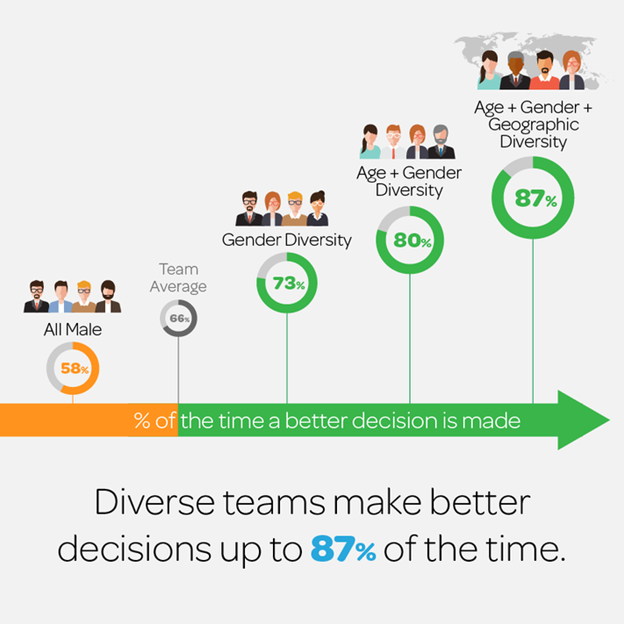
It is no accident that technology companies like Google are borderline obsessed with diversity in their companies. This is because they understand the value of diverse thinking in their company.
In the future, leading brands and businesses will attract more customers due to more expansive representation on the staff level. And this is because such companies will be equipped to cater to broader markets based on learning from their internal ecosystem. The future is here, and it is diverse.
Wider Talent Pool
The best talent will never be limited to any one cultural group, so how can you make sure that your business can attract and retain the best, regardless of where they are from?
Employees are also making more demands from employers in terms of workplace culture. It is usual for employees to feel more at home where they think the employer is invested in creating a space that acknowledges and respects their identity. Talents also need an environment that pushes them to grow while fostering a sense of belonging. One that challenges them to improve and develop on both personal and professional levels. And the best way to do this is to employ with diversity in mind.
Likewise, embracing workplace and cultural diversity means you have access to a broader talent pool. With 4 in 5 hiring managers, struggling to find and recruit candidates with suitable skills, having a more extensive and more diverse demographics in your talent pool will significantly improve your chances of hiring the best talent for your business. In a 2016 BCG and University of Munich survey, having employees from different cultural backgrounds, industry backgrounds, career paths bolstered innovation more than age and academic differences.
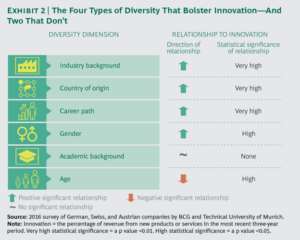
At Workforce Group, we understand what it means to have the best talents from diverse backgrounds working together to achieve your desired business objectives. Our market entry services not only focus on research into your industry and how best to penetrate the market; we also focus on understanding the local culture in workplaces and how you can be staffed to win.
Now that you understand the business imperative of embracing workplace diversity, how do you get started? Click here to learn more about how we can help your business expansion and growth strategy today.
Or join our mailing list and follow us on social media to stay up-to-date on the latest news, trends, and insights from doing business in Nigeria.
